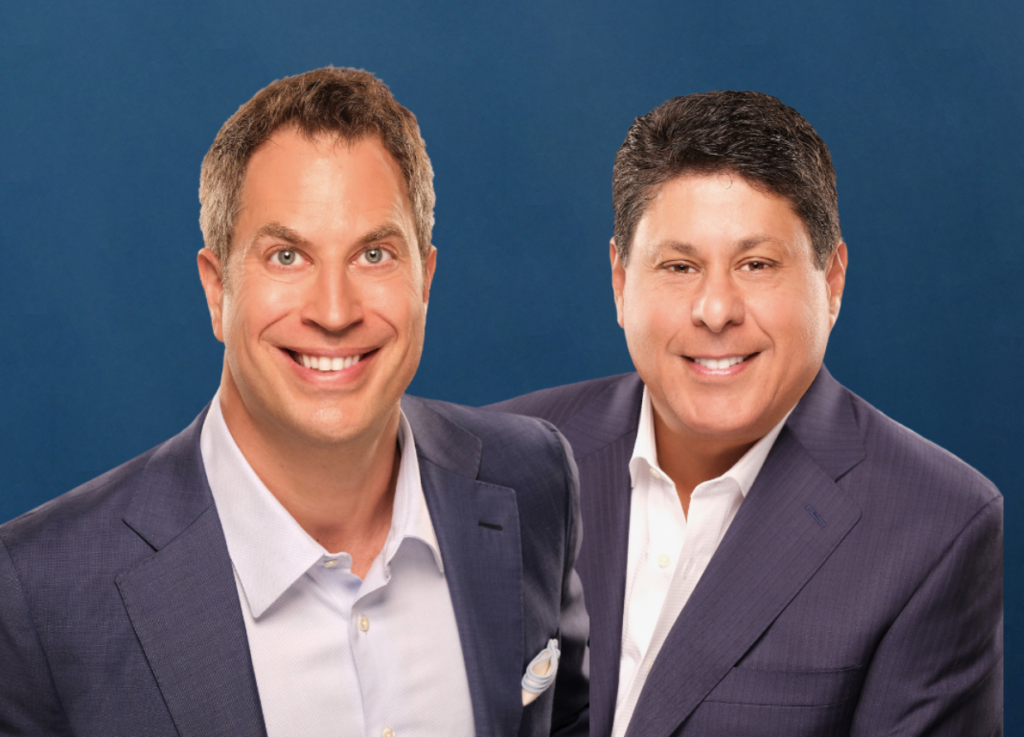I cringe whenever I hear someone say that they’re, “playing the stock market.” The stock market is not a competitive game, with winners and losers. Instead, it offers the potential for every investor with a globally diversified portfolio and a long-term perspective to win. Here’s why:
If you’re “playing” you’re probably doing a lot of buying and selling based on what stocks you think will underperform or outperform. But we know from history and extensive research that almost no one — not even the smartest and best-educated among us — can consistently and accurately predict which stocks will be winners or losers, or when the market will go up or down.
If you’re playing the stock market, you’re thinking and worrying all the time about whether the “winners” you’ve picked are actually “winning.” Should you buy more? Should you sell?
However, you will worry much less if you treat the stock market as a long-term investment. If you’re invested in thousands of companies, big and small, in many industries around the world, you don’t need to worry as much about which stocks (or even industries or countries) are “winning” or “losing” at any given moment.
So here’s how I like to think about the stock market: It’s our small piece of ownership and our unique ability to participate in the profit of companies. The implications of this thought are enormous.
Take a company such as Starbucks…
Three students from the University of San Francisco started the company in 1971 as a coffee bean roaster and retailer. They sold their roasted beans successfully until 1976 when they realized that they could sell brewed coffee. By 1984, the company had six stores.
As the business became more successful, they decided to sell the business to a former employee, Howard Schultz, who had big plans to expand these profitable little shops. By 1989, Starbucks had more than 45 stores; however, to expand, he needed much more money. So Schultz decided to sell 12% of the company for $25 million dollars, and it continued to expand….
Today Starbucks has more than 24,000 locations in 70 countries. Markets are full of success stories like Starbucks in a vast array of industries. But we can’t know in advance which companies will do well and which won’t. Which is why I believe you should invest as broadly as possible.
Here’s another thing to think about…
If you’re a homeowner, do you consider your home a long-term investment or do you constantly worry every time home prices drop? If you intend to stay in that home for at least 15-20 years, then you know that the short-term price of your home — up or down — isn’t that important.
Investing in the stock market is similar. If you build a portfolio that’s right for your long-term goals and you have a 10-20 year time horizon, do you need to panic and make changes every time the market drops? Not if you intend to stay invested in that portfolio for the long term.
The chart shown below is a powerful illustration of long-term investing. Across wars, incredible social and economic change and recessions, depressions and financial panics, $1 invested in the stock market in 1926 and kept invested would have grown to $5,390 by the end of 2015!
While no one has an investing time span of 90 years, the lesson we can all learn is that it doesn’t really matter what the markets do in the course of a year or two. If we keep a long-term perspective, and stay invested through the ups and the downs, we can earn the overall returns of the markets. Some years will be positive and some will be negative, but long-term investors don’t need to “play” the stock market to reach their most important goals.
Diversification neither assures a profit nor guarantees against loss in a declining market.
All investments involve risk, including the loss of principal and cannot be guaranteed against loss by a bank, custodian, or any other financial institution.










